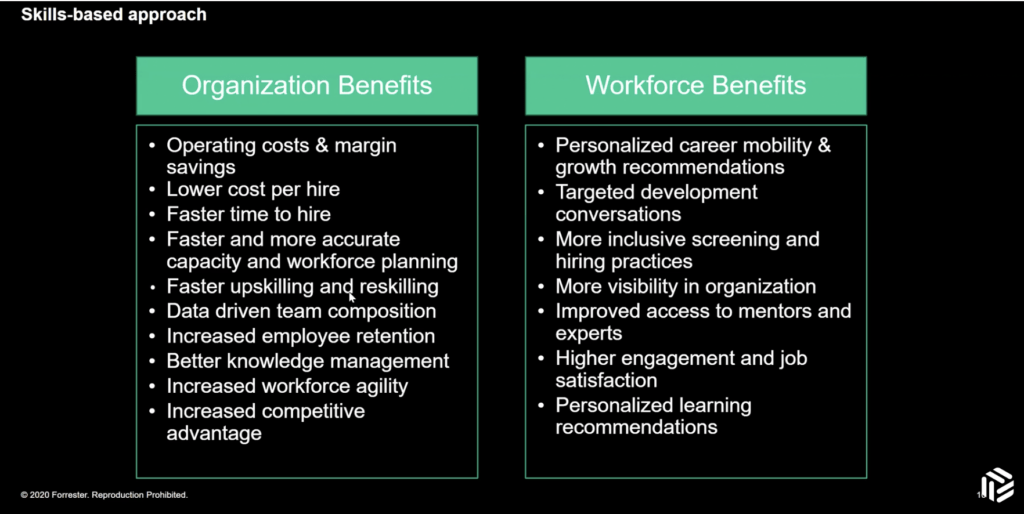
Using skills data can change the way an organisation is recruiting and brings it closer to the talent they are seeking as there remains a shortage of skills in the global market, said Betsy Summers, Principal Analyst at Forrester.
Summers, who was talking during a webinar on the future trends of HR in 2024, said that Forrester predicts talent and skills shortages to continue during the year which will force many organisations to roll back EX-centric policies like flexible work policies, or DEI incentivee.
“They are trying to make sure employer power is prominent over employee power,” Summers explains. However, such measures will lead to a decline in employee engagement within the organisation.
“Whatever priority you have on your plate in 2024, you have to make sure that you are positioning it as a mutually beneficial strategy for both the organisation and the employees,” Summers said.

The continuous labour market uncertainty comes at both the micro and macro levels. Nonetheless, there remains a rising impact of AI on workers, the workforce and business strategies. However, there remains a persistent skills shortage.
To fill these skills shortages, Summers said that using skills rather than titles or education, can help businesses look for the employees that would be more productive. Using skills to run hiring can increase benefits such as 5x more predictive of future job performance than education background.
“We have seen more benefits in hiring around your KPIs too,” she explains.
Using granular data provides a clearer picture of the person and better matching mechanism. So, she explains it is vital to use skills better than using keywords, titles and degrees.
“It’s the granular matching mechanism that allows us to have better outcomes for hiring,” Summers adds.
Using skills data will help organisations change other processes, such as allocating the tasks for the workforce and hence increase the productivity of the firm.
“Becoming skills based is a huge effort, but it is totally worth it, from the results we have seen,” she adds.